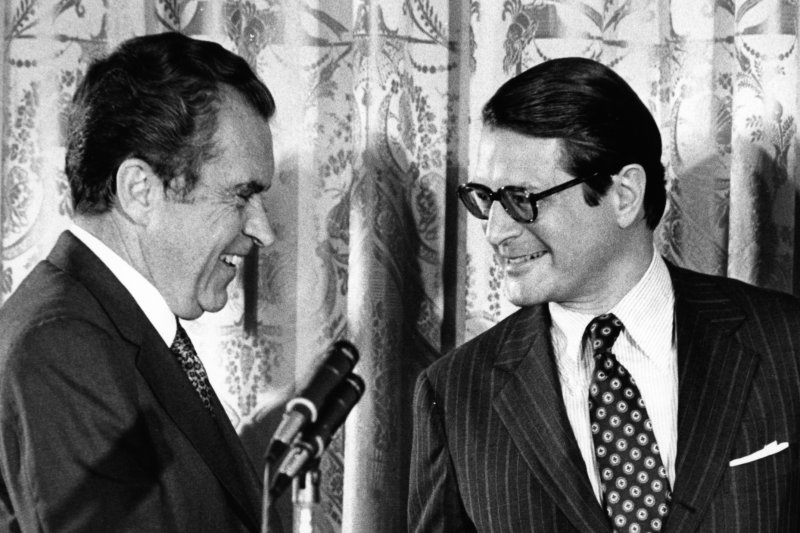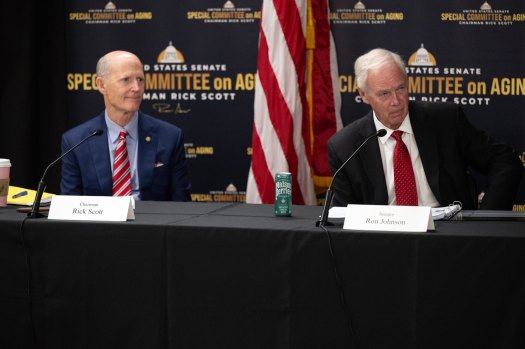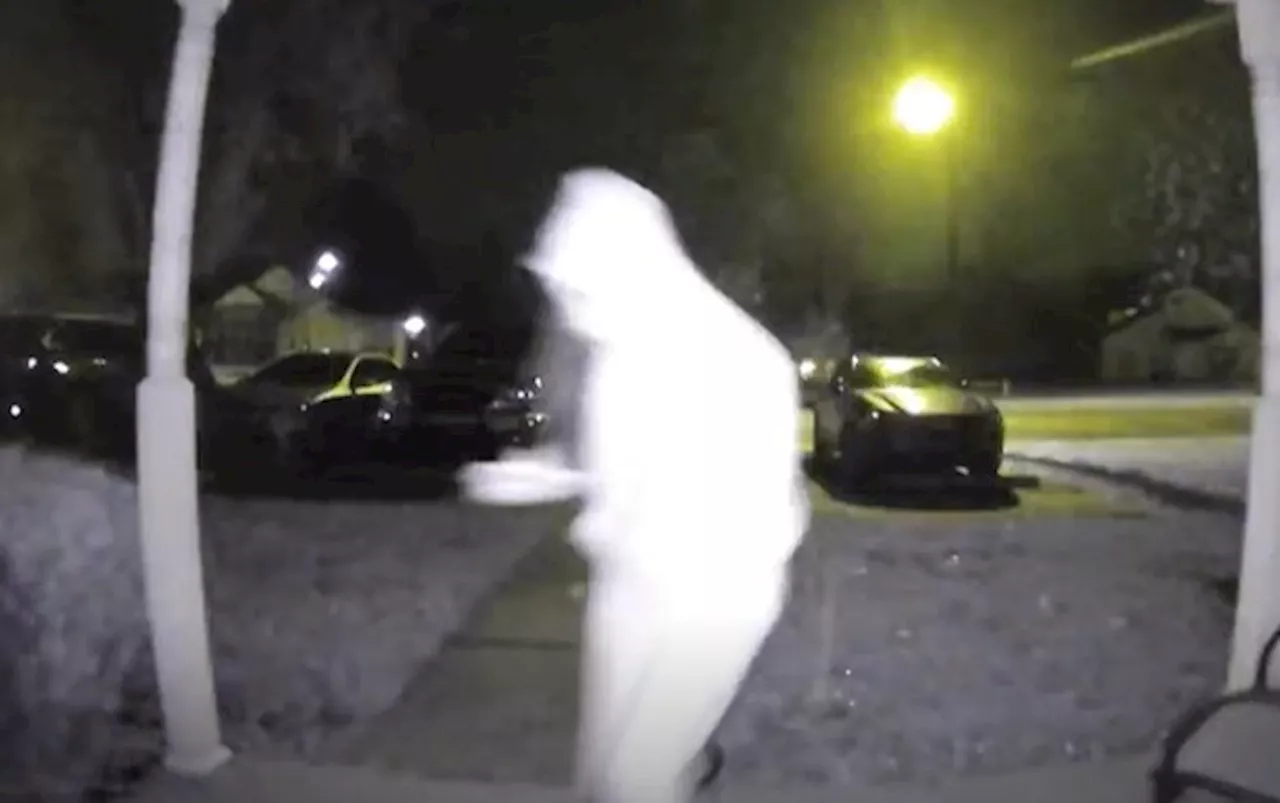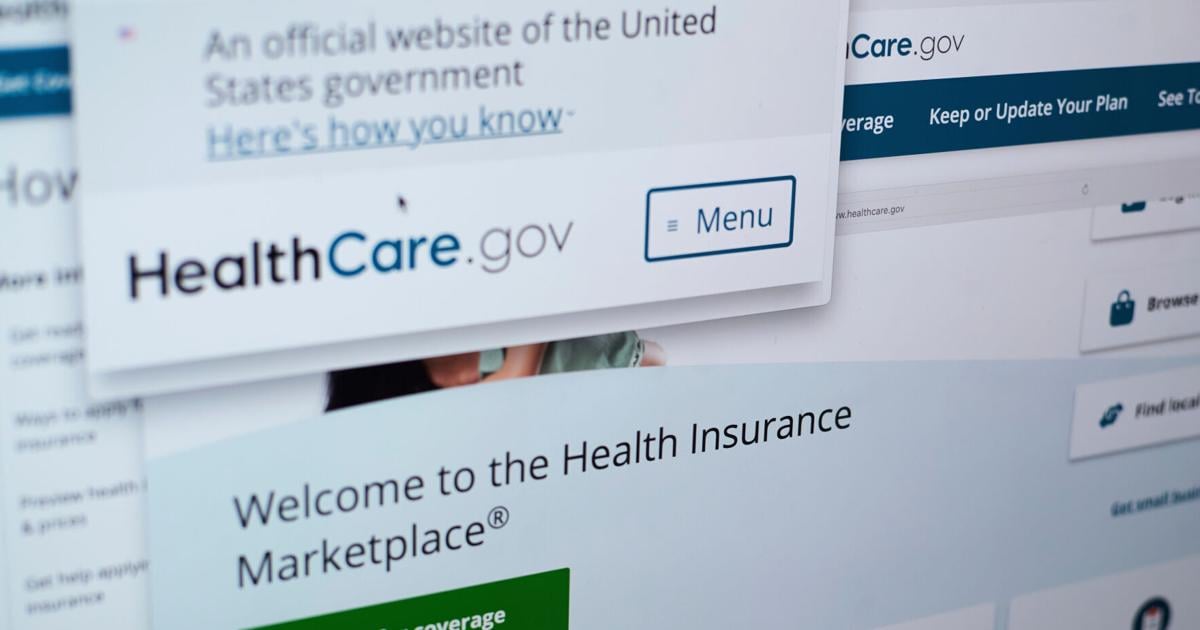UPDATE: On this day, October 20, 1973, a pivotal moment in U.S. history unfolded as two top officials from the Nixon administration resigned in what has become infamously known as the “Saturday Night Massacre.” This event has ongoing implications amid the Watergate scandal, showcasing the lengths to which government officials would go to protect their positions.
In a dramatic turn of events, Attorney General Elliot Richardson and Deputy Attorney General William Ruckelshaus stepped down after President Richard Nixon ordered them to fire special prosecutor Archibald Cox. This unprecedented move has been described as an attempt to obstruct justice, igniting public outrage and further investigations into the Nixon administration.
The resignations, which occurred late on a Saturday night, were executed in defiance of Nixon’s orders by Solicitor General Robert Bork, who carried out the dismissal of Cox, escalating tensions surrounding the Watergate scandal. This significant event not only marked a turning point in the investigation but also laid the groundwork for Nixon’s eventual resignation.
Today, we reflect on this historic moment that continues to resonate in discussions about governmental accountability and the rule of law. The repercussions of the “Saturday Night Massacre” reverberated across the political landscape, leading to congressional hearings and ultimately to Nixon’s resignation on August 8, 1974.
As we mark this significant anniversary, it is essential to consider the lessons learned from this chapter in American history. The struggle for transparency and integrity in government is as relevant today as it was 50 years ago. The Watergate scandal serves as a reminder of the vital role that checks and balances play in a democratic society.
Looking ahead, many are watching to see how today’s political leaders respond to issues of accountability and transparency, inspired by the events of the past. Will history repeat itself, or have we learned enough to prevent such crises in the future? Stay tuned as we continue to monitor developments in this ongoing conversation.






